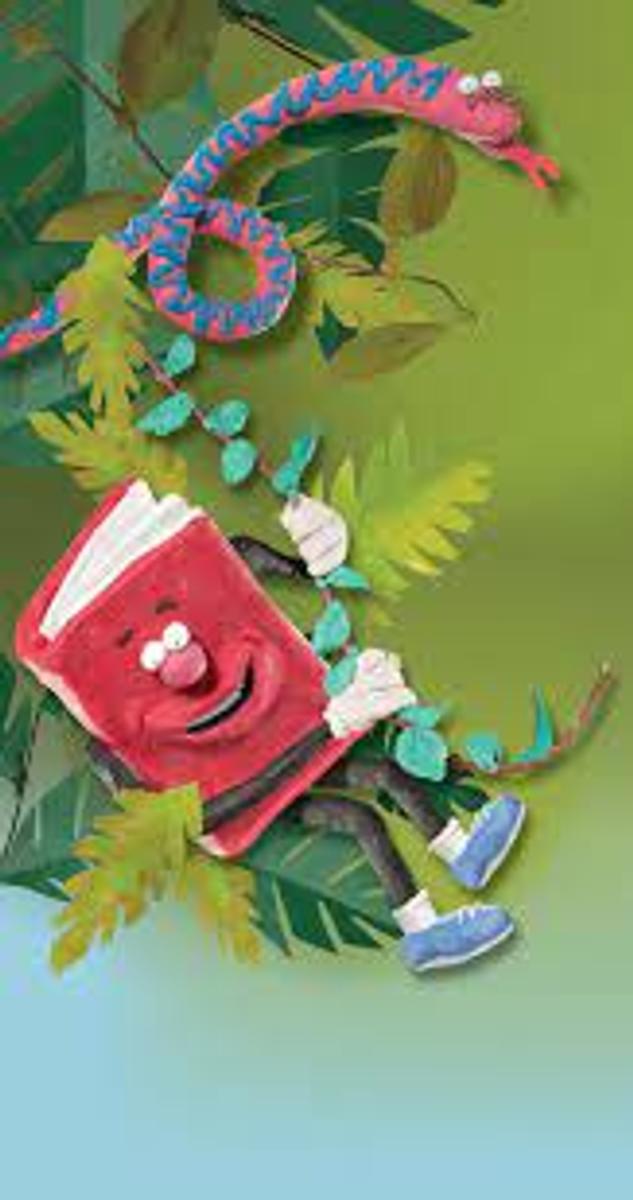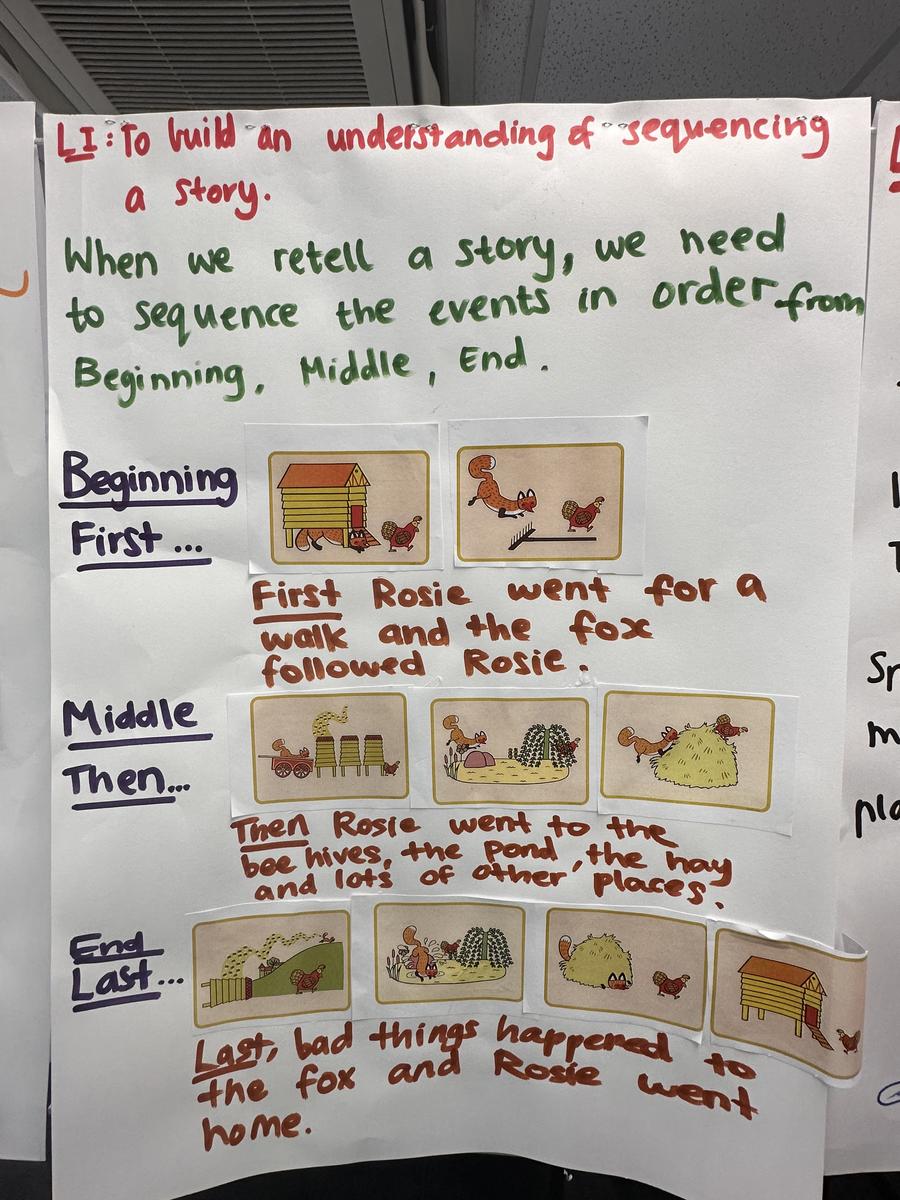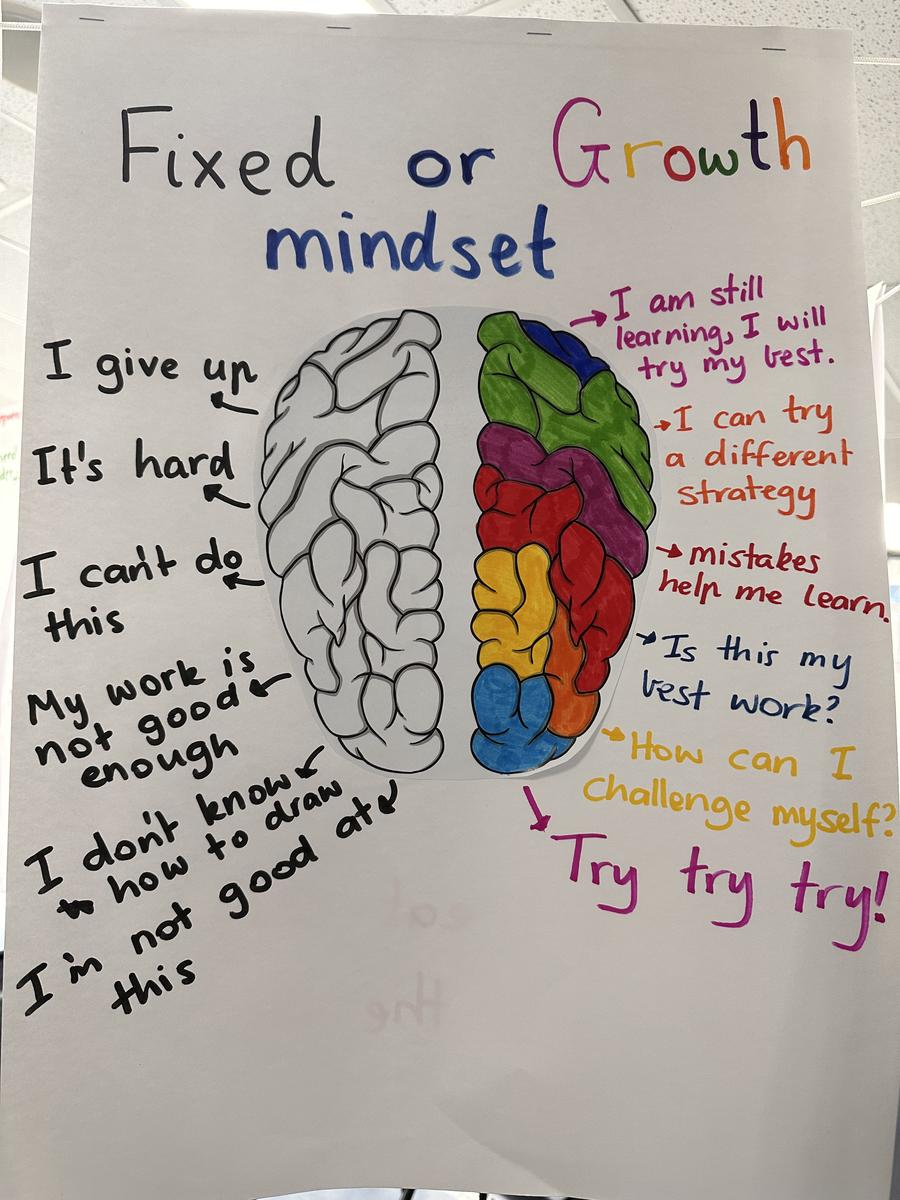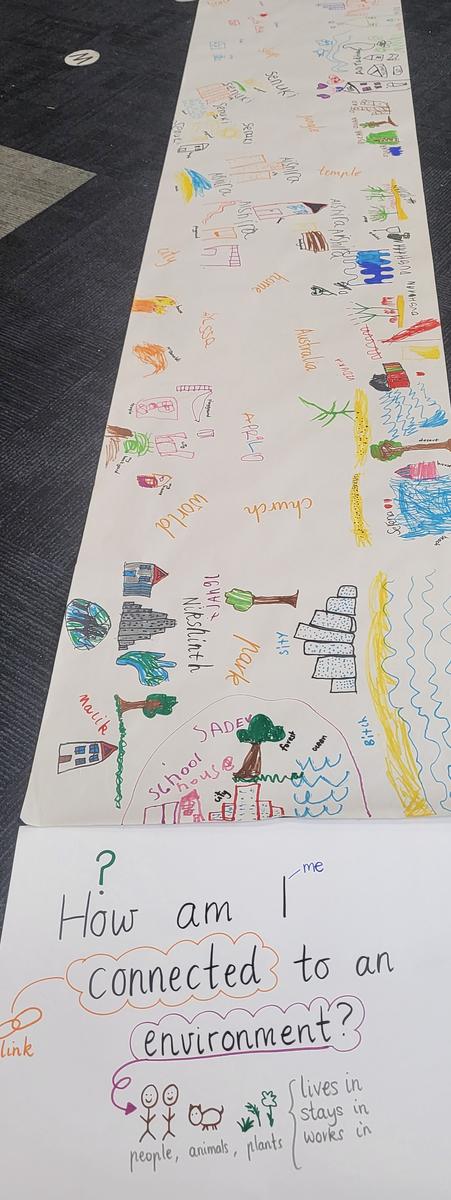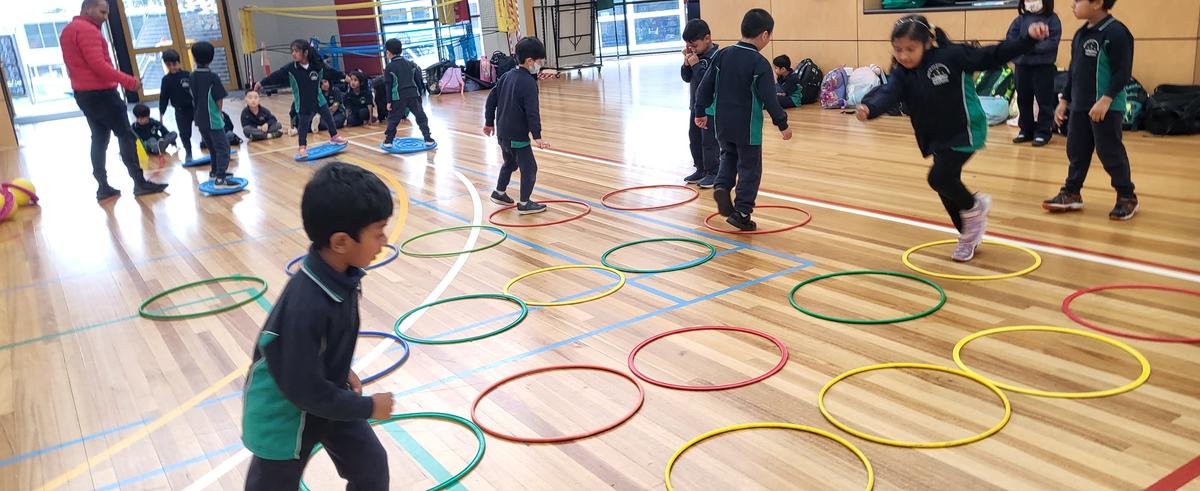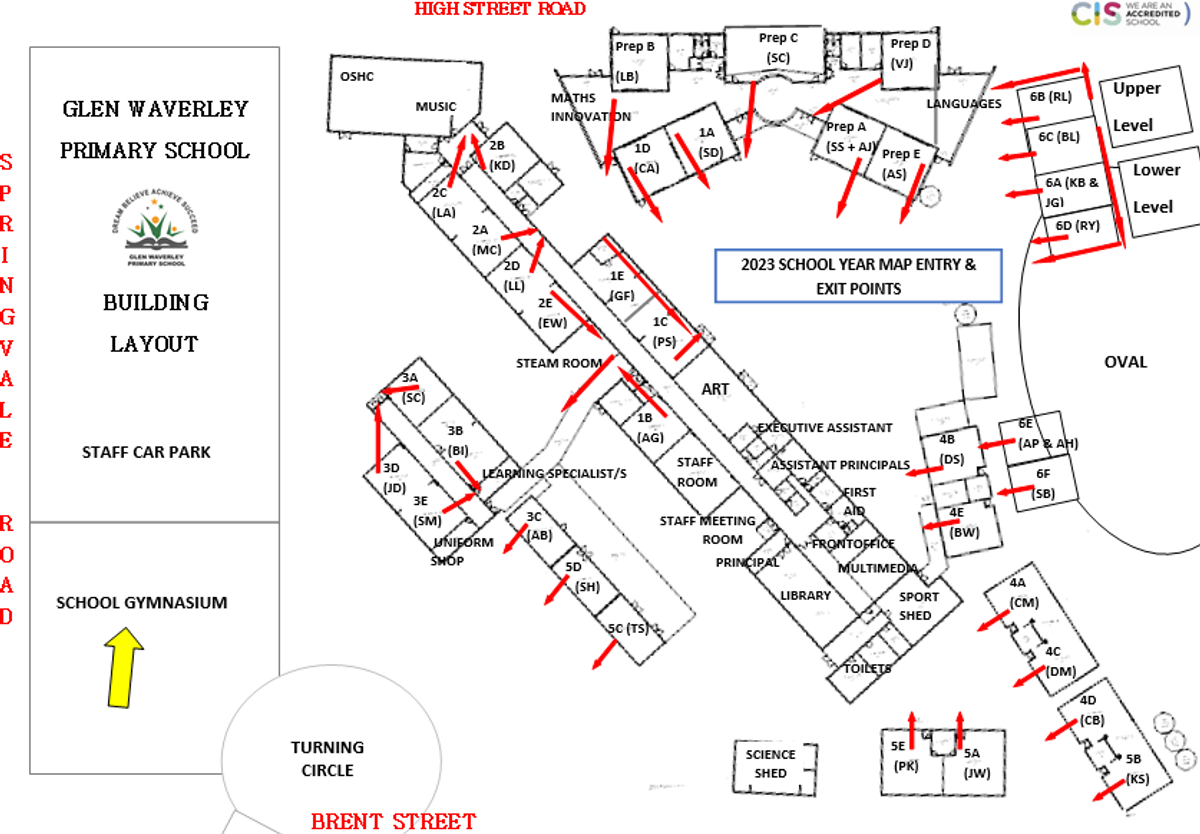Prep - Term Two
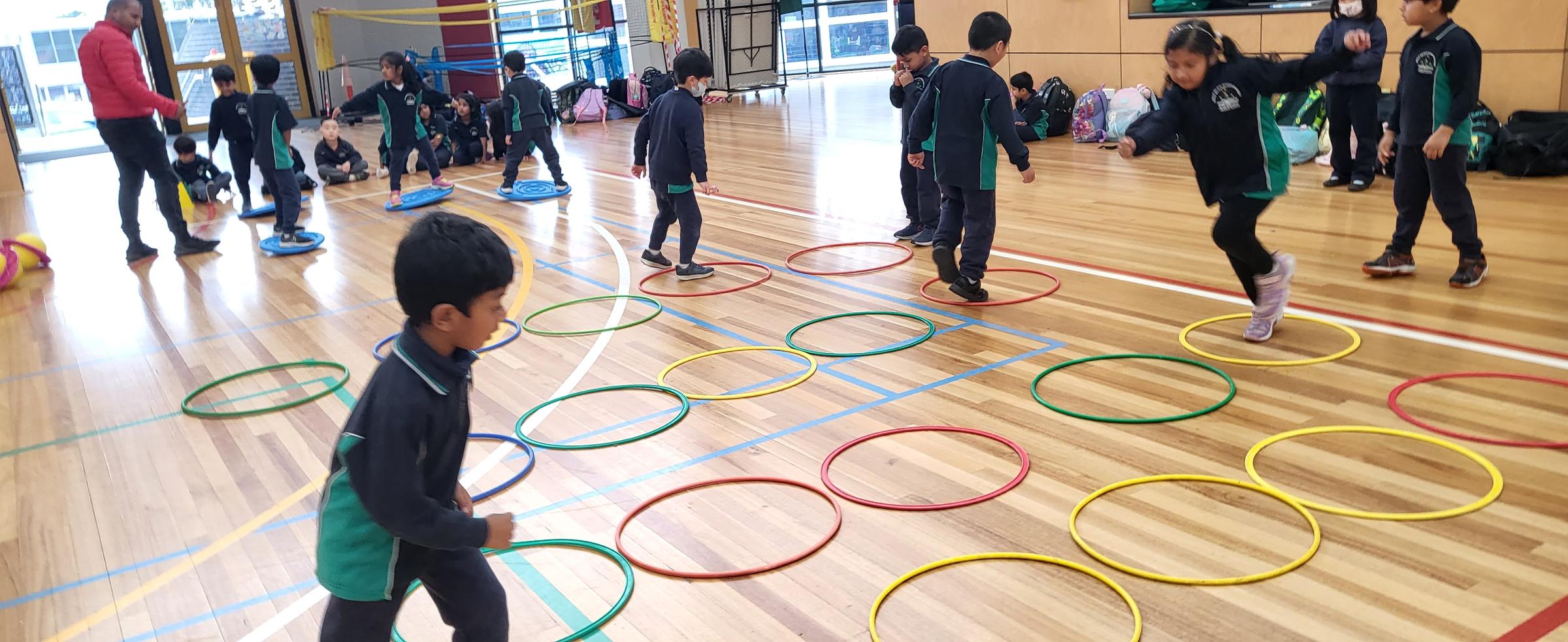
Welcome to Term Two, 2023! Over the past two weeks, it has been wonderful to see the Preps reconnecting with their friends after the holidays and settling back into our class and whole school routines, growing more independent each day.
We would also like to share a special welcome to all our new families who have chosen to join our school community. We hope that you have had the chance to meet and form some connections with the families in our community.
Special Dates to Note in Term Two
- Perceptual Motor Program: Thursday afternoons, beginning 11th May
- Education Week: Monday 29th May – Friday 2nd June (Open Morning details will be shared closer to the date)
- Excursion to Healesville Sanctuary: Wednesday 7th June
- Public Holiday King’s Birthday: Monday 12th June
- Student Led Conferences: Wednesday 14th June, Tuesday 20th June
- Last Day of Term: Friday 23rd June, 2:30pm finish
- Reports distributed: Friday 23rd June
Learning in Term Two 2023
Reading
This term in Reading, students will explore a range of comprehension strategies from our CAFE reading approach to assist with their understanding of the texts they read. Some strategies covered will include, making text to self-connections, identifying sounds in words, discussing new words found in texts. As students consolidate their knowledge of reading accuracy, they will further build their skills to monitor their reading for errors with the strategy ‘cross- checking’ where they will check if what they read ‘makes sense, looks right, sounds right or matches the picture’. These skills will be supported through a book study each week, showcasing how good readers use a variety of strategies to build their understanding of a text.
Key Language used this Term | Predict, connect, blend, stretch, sound, strategy, clue, text |
Supporting your child at home in Reading:
- Continue to read with your child daily. Ask your child questions about the text to monitor their comprehension. For example, ‘who are the characters and what are they doing?’ ‘What do you think will happen?’ ‘How are the character’s feeling?’
- Continue to practise Magic Words daily. This will help with both their accuracy and fluency of texts as these words are the most used words within early reader texts.
- Add your children's text to the Premier Reading challenge log. Let’s see if they can read 30 books within this time! Premier's Reading Challenge Student Login
Writing
This term, students will develop strategies from our whole school approach, VOICES, when writing Letters and Persuasive text types. Students will look at the structure and language features of Letters and how to convey a message. They will have many opportunities to write letters, postcards and cards to their family, friends and peers. Within the second half of the term, students will explore the structure of Persuasive texts and develop a sound understanding on conventions and transitional words.
Key Language used this Term | Capital letter, full stop, sentence, idea, persuade, adjective, opinion, fact, letter, question |
Supporting your child at home in Writing:
- Promote independence with writing, ask them to persist and encourage them to embrace the ‘productive struggle’.
- Have children re-read their writing to ensure that their writing makes sense.
- Engage in fine-motor activities to support muscle development for writing. This can include play-doh, cutting, beading, folding paper and finger stretches.
Speaking and Listening
This term, students will continue to develop their confidence in speaking and listening. They will be provided opportunities for questioning through our reading focus and our data unit in mathematics. Students will be introduced to feedback and feedforward and how these can be used to improve their learning. They will be encouraged to continually reflect on their learning with the feedback received, enabling them to challenge themselves.
Some tips for speaking and listening with your child at home:
- Play speaking and listening games such as: 20 questions (choose an animal or object and your partner asks yes/no questions to guess what it is). Who Am I? (Give clues without saying the name and your partner guesses who you are). I went Shopping and I bought. (Take turns saying what each person bought and then add a new item).
- Ask your child to repeat instructions you have given them. For example, ‘tell me what you need to do first’.
- Encourage your child to build on your conversations. Add to what you are saying or ask questions about what you are saying. Likewise, model this behaviour when they are speaking and sharing information. This builds an understanding that a conversation is a two-way process.
Mathematics
This term in Mathematics, we will be exploring teen numbers and investigating how numbers can be made from other numbers. So far, we have explored the different ways the number 10 can be made. As the term progresses, we will delve into concepts of data: what it means, how they are presented and what conclusions can be drawn from them. This links to our learning in Reading where we will explore different types of questions we can ask. Finally, we will explore strategies for measuring, including comparing lengths of objects and using informal measurements such as blocks to find the length of an item.
Key Language used this Term | Unit, teen, numbers, number names, before, after, more, less, shorter, longer, length, tall, taller, tallest, how many, data |
Supporting your child at home in Mathematics:
- Take any opportunity to practise counting out objects and then finding different ways to make the number. “Oh, I have 7 strawberries. I can hold 5 in one hand and 2 in other hand. That makes 7. How many can you hold?”
- Explore numbers around your neighbourhood. Encourage your child to read street numbers and ask them what one more/one less is.
Do mini research projects for data collection. “What colour t-shirts do you have? You have 2 white, 4 blue and 1 black. That means the colour you have the most is blue!”
Inquiry
During Term Two, students in Prep will be responding to the inquiry question, ‘How am I connected to an environment?’ They will explore environments they are connected to such as school and home and use the Science inquiry skill of observation to identify what is in each environment. To deepen their knowledge of our Australian environment, students will investigate Australian nature and wildlife through the Global Goal ‘Life on Land’. To further support and enrich their understanding, students will be participating in an excursion to Healesville Sanctuary to see first-hand many of the animals and habitats they have been learning about.
Key Language used this Term | Environment, connect, living, non-living, man-made, impact, effect, habitat, animals, plants |
Supporting your child at home in Inquiry:
- Set aside time to attend our Education Week Open Morning where we will build on our class investigations.
- Explore your home environment and what things are found in your home and in your backyard. These can include flora, fauna and man-made objects.
- Discuss with your child their daily actions that can have a positive impact on the environment.
YCDI
In Term Two You Can Do It (YCDI), students are continuing to build on their social and emotions skills through the YCDI Keys to Success: Confidence, Getting Along, Persistence and Resilience. YCDI is integrated with our inquiry question of ‘How am I connected to an environment?’ Students will be supported to develop an understanding of their school environment and develop expectations for how they can positively conduct themselves and their peers within this space. We will revisit how good choices have positive consequences and continue to build on their self-confidence. This will be supported through our production rehearsals in mixed classes.
Students will deepen their understanding of emotions through the Zones of Regulation, using various strategies to self-regulate and be ready for learning.
| Key Language used this Term | Friendly, choices, positive, respect, empathy |
Supporting your child at home:
- Have conversations around being confident and resilient and what this looks like at home, in a club and at school. Talk out loud when you are modelling these traits.
- Always praise them when they have made a positive choice, such as packing away their toys, setting the dinner table, helping with dinner, completing their reading or home learning. (You may set up a rewards system).
- Praise your child when they independently ‘have a go’ at something, even if the outcome was not successful. Take unsuccessful moments or moments as an opportunity to talk about how we all learn differently and to have a growth mindset.
Perceptual Motor Program (PMP)
This term, the prep students will be involved in a weekly movement-based program on Thursdays from Week 3. This program supports children to improve their hand/eye and eye/foot coordination, balance, locomotion, eye-tracking skills and general fitness.
To support the program, we are asking for helpers that have a current working with children check. Your role will be to supervise a movement station (all instructions will be provided) and if possible, to help set up and pack away the equipment. Please speak to your class teacher if you are available to assist for one or more sessions.
On days we have PMP, all students in Prep are to be collected from the Gymnasium at 3:30pm. Please see map below for location.

